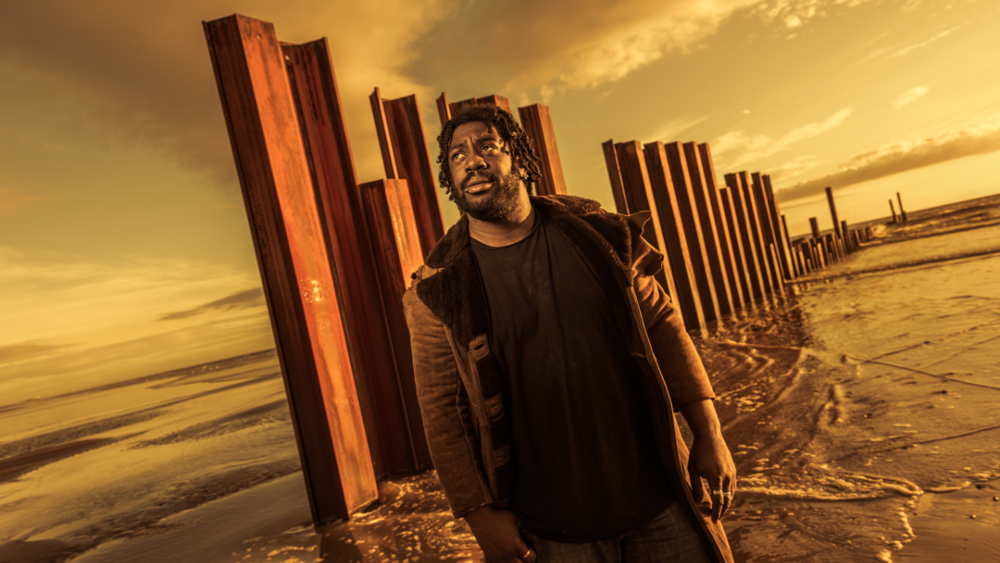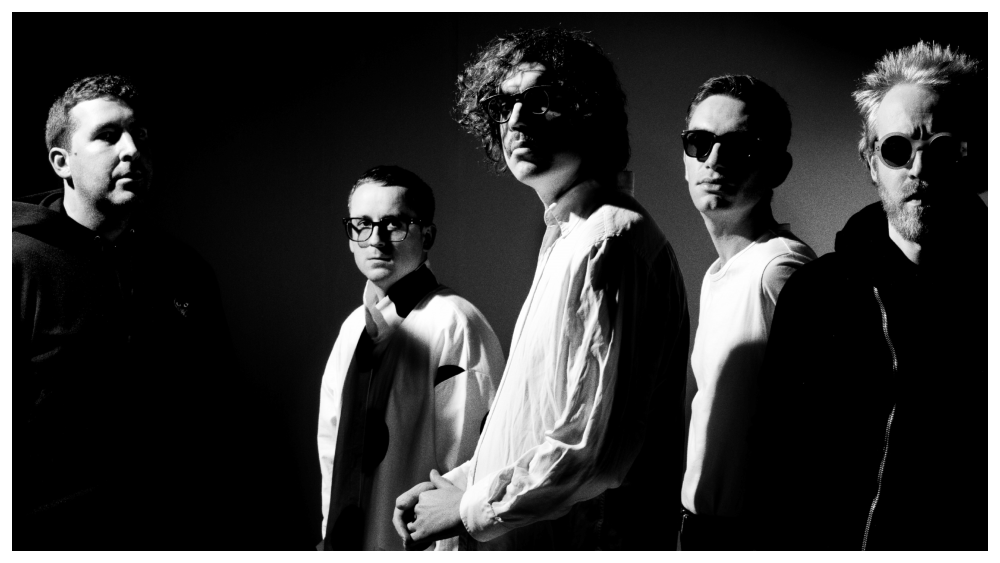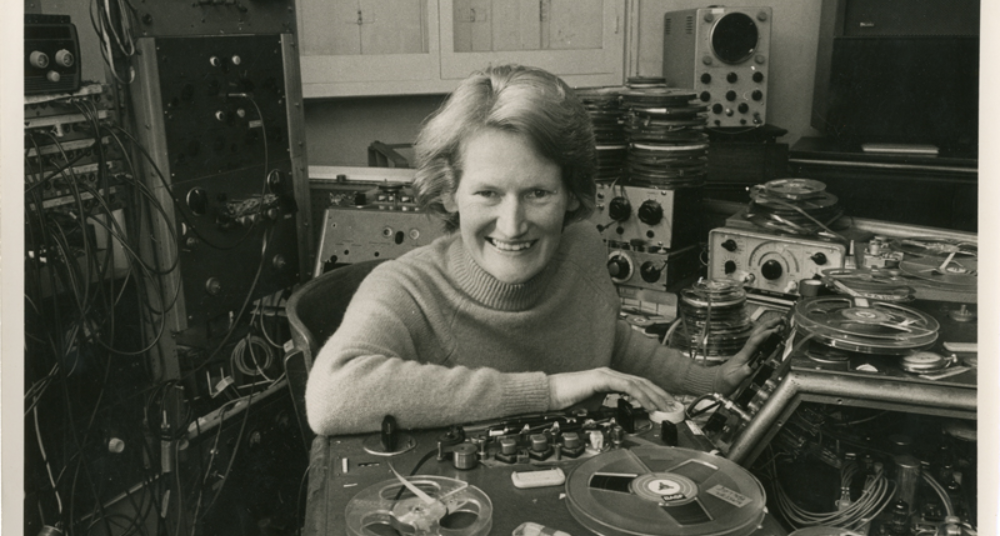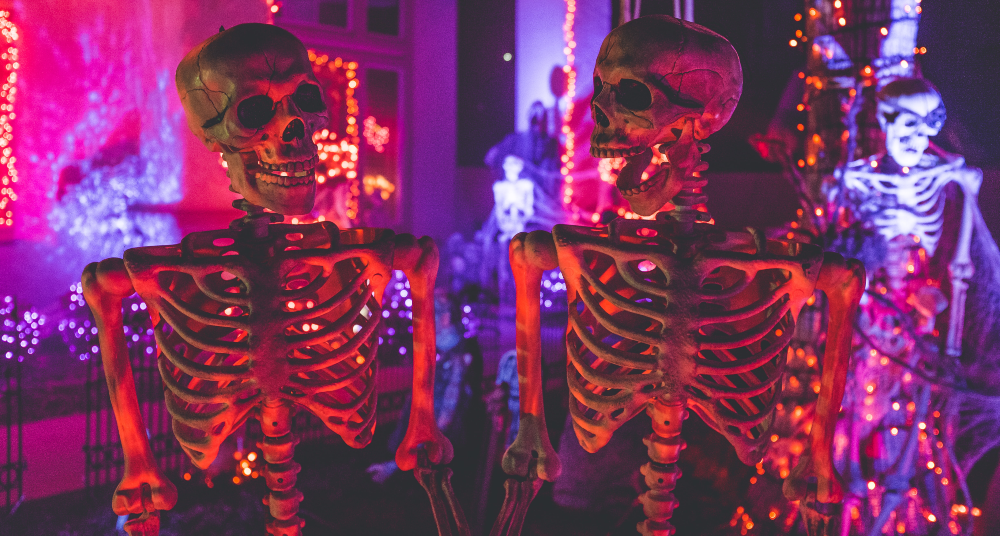During Black History Month, I tend to get nostalgic and think deeply about the future; where I have been and where I am going. This year is no different. These feelings bubble away all year round, but the heat of that microscope burns particularly brightly at this time.
My parents have a lot to answer for, musically speaking. My mum was into a diverse mix of rock and pop, the likes of Iron Maiden, Kate Bush, Sade and Jimi Hendrix would play when she was in charge of the tunes. My dad, on the other hand, loves the storytelling of country music, with the occasional bit of dub thrown in for good measure.
They passed on their eclectic tastes to me. Whilst I enjoyed the UK garage, hip-hop and R&B my friends were listening to, I soon developed a love of electronic music. And within our four-walls, I felt able to share this discovery with my family. Outside of that haven, it was a different story. The phrase, ‘Is it Black enough?,’ would often dance around my mind. I just didn’t see people who looked like me making that kind of music. So I kept quiet about this newfound passion.
'Seeing Black artists doing well is vital in order to inspire the next generation and show Black people everywhere that they belong.'
It became a Saturday afternoon ritual to head to Pure Groove record store in North London with my parents. As usual, I could be found in the vinyl section. But this time it was different. I had a musical itch that needed to be scratched. I was looking for something, I just didn’t know what. I’m young, Black and feeling a little lost, what could be my lighthouse in the fog?
Enter Jeff Mills, Marshall Jefferson, Maxim, Leeroy Thornhill and Sonique. These were the sounds I had craved. And they were being created by people who looked like me. They legitimised my no longer guilty secret. I felt seen and just maybe I found a place to belong.
And so, I made the leap from listening to electronic music to creating it myself, crudely cutting and pasting sounds, creating samples and four and eight bit melodies. I proudly presented one of my creations to the music teacher at my school. He served me with, ‘Is that really your music? Wouldn’t you be more comfortable making hip-hop?’ I remember that feeling as if it was yesterday. My passion had to be a secret once again, my shoulders dropped and all the air in my chest evaporated. I went back to my chair, mumbling things I was not yet brave enough to say.
The dream was over dead even, I needed to fit into the box that life had predetermined for me. Those guys on the TV were just lucky, I thought.
I withdrew from making music for the next few years. It did not stop me listening though, and I soaked up the sounds of artists like Cassy, Todd Terry, Tricky and Massive Attack, still in secret. Until I left London for the north, that was.
It was there that I discovered alternative dance music and even more inspiring Black artists at the heart of the scene. At last I felt able to start sharing my passion with others. Looking back on this era now, I can reflect on unsung heroes like Hewan Clarke and DJ Paulette. Two of Hacienda's leading DJs, they are seemingly airbrushed from dance music history whilst Mike Pickering or Graeme Park have received widespread acclaim. Clarke’s involvement with the club enabled Black and other minority ethnic groups to feel like they belonged in this traditionally white space. When he left, the crowds changed. A coincidence? I think not.
Similarly, Rowetta’s soulful vocals can be heard on hundreds of records with acts such as the Happy Mondays. Yet she’s often referred to as a backing singer and not the lead vocalist she really is. There is a huge disparity that needs to be addressed here - it happens too often to Black singers and songwriters who are marginalised when white artists are allowed to shine. Take Elvis Presley, for example. Many of his most famous songs were written by Black artists, but do we know their names? No, we don’t.
So where are we at today? Things aren’t perfect. Black artists in the electronic scene (and outside of it) still have to work harder and smarter in order to succeed. But there is definitely cause for celebration and hope. With all that has come before, doors and windows have been flung open for outstanding new DJ’s and electronic artists such as Jamz Supernova, Jaguar Worldwide, Afrodeutsche and Gaika. There is still a lot of work to do within our own community, as well as having the support of allies.
Music has always been so important to me. through creating it, listening to others make it, culturally it’s been a massive way of us getting through tough times through solidarity and escapism.
What’s important is representation. Seeing Black artists doing well is vital in order to inspire the next generation and show Black people everywhere that they belong. This is your tribe too.





